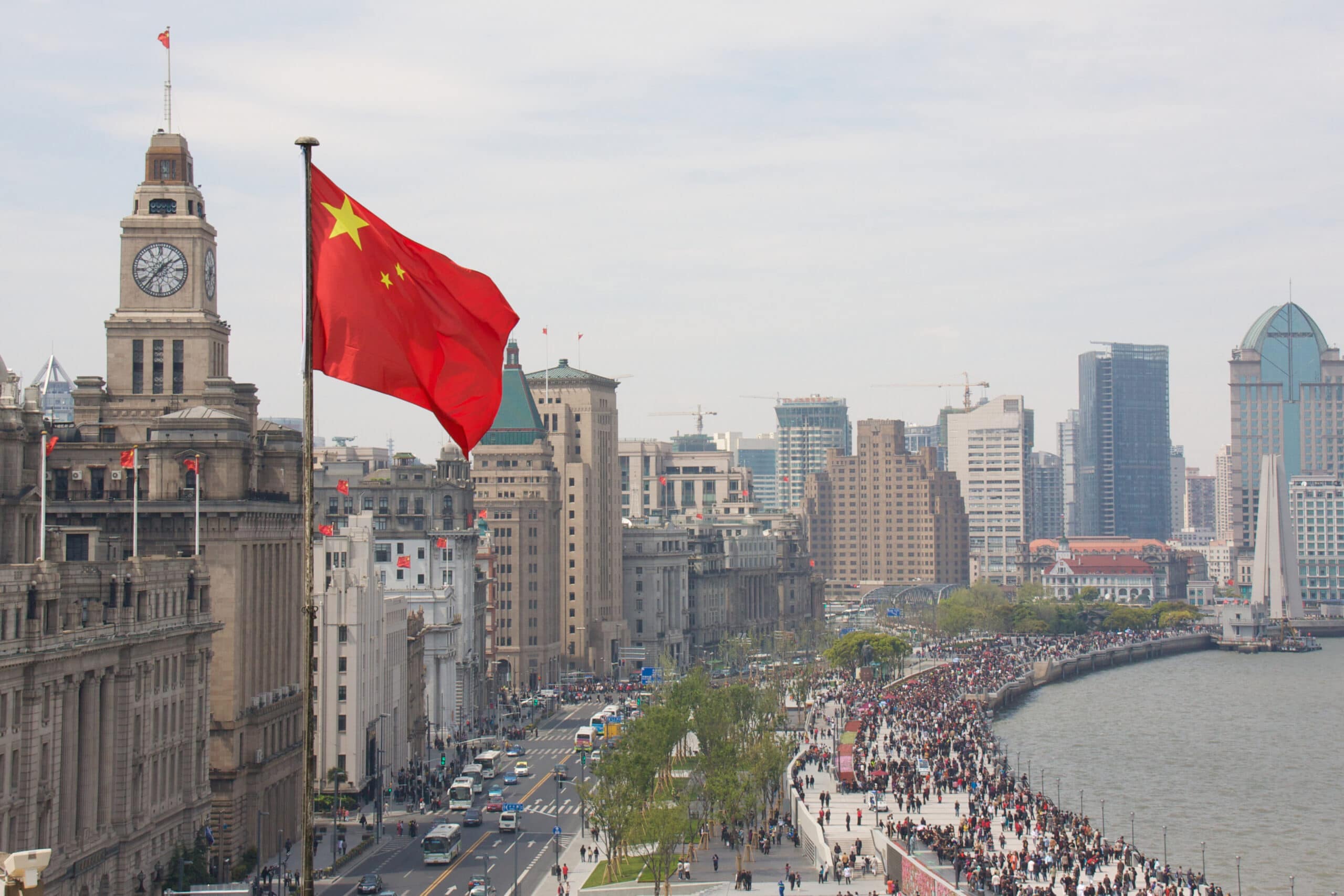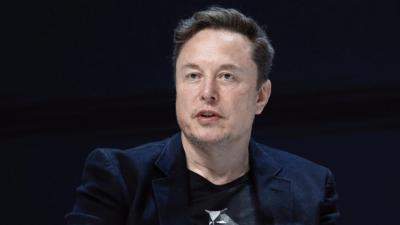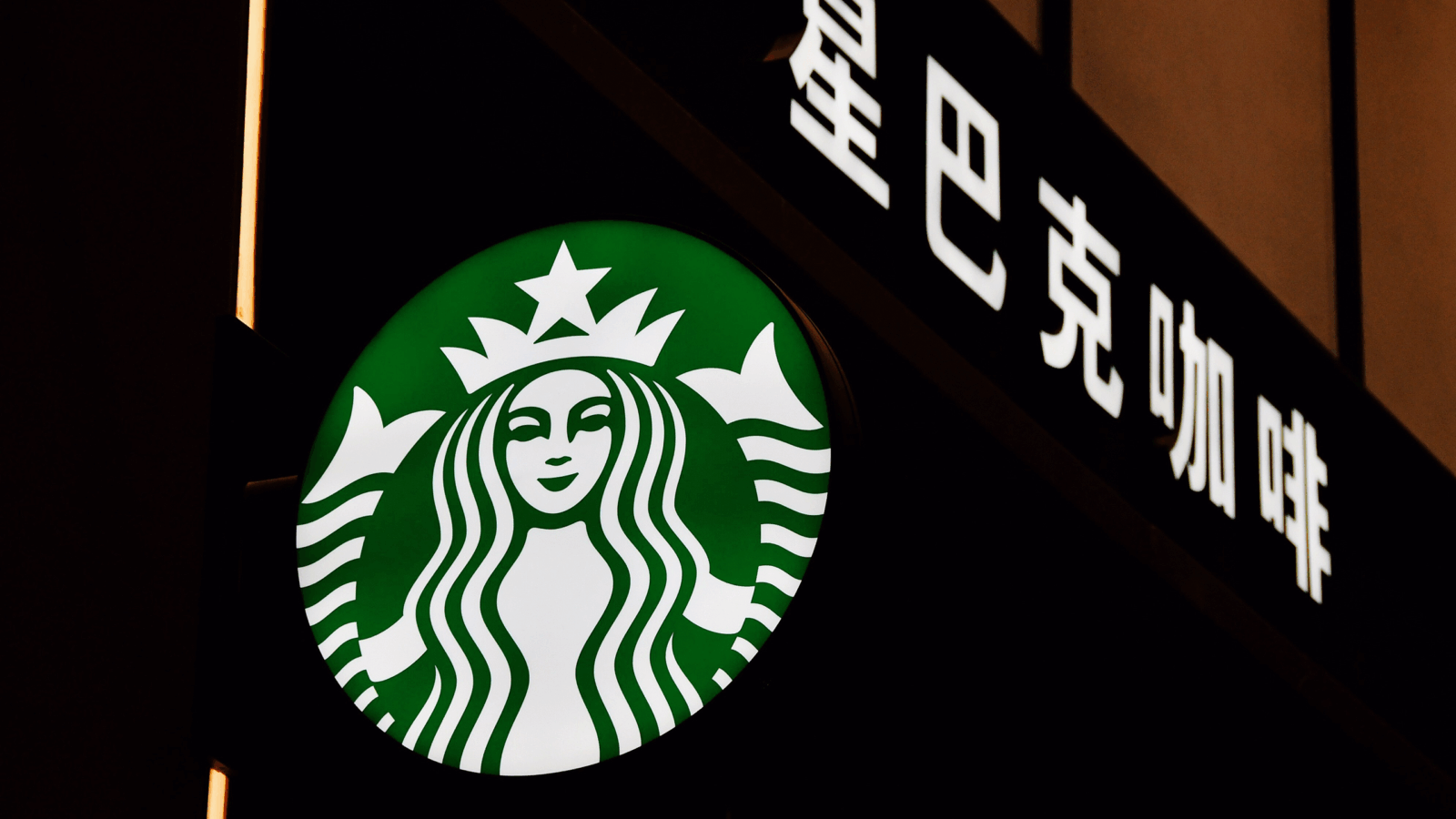Chinese Regulators See Regional Banks Headed for SVB-Style Chaos
Authorities are concerned about regional banks piling too heavily into longer-yielding government bonds in recent months.

Sign up for smart news, insights, and analysis on the biggest financial stories of the day.
Could China be looking at its own version of an SVB-like meltdown?
Over the weekend, the Financial Times reported that Chinese authorities are concerned by regional banks piling into longer-yielding government bonds in recent months, which could risk the same kind of outcome that caused the biggest US bank failure of the last 15 years.
Bond Bonanza
China’s economy remains somewhat between a rock and a hard place. The government has an ambitious plan for 5% GDP growth in 2024 — the same rate as 2023 — but continues to face a beaten-down property sector and sluggish consumer demand. Chinese President Xi Jinping is attempting to bolster the economy by subsidizing high-end manufacturing but the results are uneven at best. Chinese equities, which as a whole are roughly flat over the past two months, are still down about 7% from a year ago.
In response, regional banks in China have been boosting their purchases of long-dated sovereign bonds to eke out returns. That’s driven yields down to two-decade lows, but even a 1% return beats losing one’s shirt trying to navigate the troubled property sector. The problem, as always, is what can happen when too many banks are loading up on the same trade:
- The People’s Bank of China, the country’s financial sector regulator, voiced its unease with the lockstep move by regional banks, given the riskiness of rates rising again. “If a large amount of funds are locked in long-term bonds with low yields, and if the cost of the liability increases significantly, the funds will be caught into a passive situation of sizable drawdowns from a sharp repricing,” a bank spokesman told the state-owned Financial News.
- Chinese banks, led by regional lenders, purchased $37 billion worth of sovereign bonds in the first quarter of this year. The PBoC has suggested it could step up bond issuance to try to limit the rally as well as intervene in the secondary market to manage liquidity.
The nightmare is a rerun of the Silicon Valley Bank run triggered by depositor fears that the bank had too much money held in long-dated Treasuries — and not enough liquidity to honor deposits.
Elon’s Charm Offensive: Tesla CEO Elon Musk has had his own commercial issues with China lately, so he made a surprise visit over the weekend — after just canceling a planned trip to India — as he tries to shore up the fortunes of Tesla, which has seen sales slide due to domestic rival competition and an overall drop in EV demand. One of Musk’s main goals was to get more support for the company’s Full Self-Driving feature (a misnomer, it’s actually driver-assistance software), which Chinese officials have historically been frosty towards on the basis that it might leak Chinese drivers’ data. However, Monday morning saw reports from The Wall Street Journal and Bloomberg that Musk has managed to get clearance to sell FSD in China by partnering up with Chinese tech giant Baidu. An impressive feat, given the latest geopolitical wrangling over US-China data flows.











